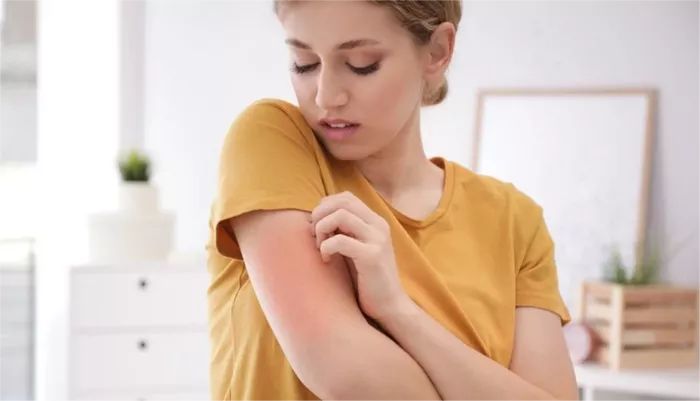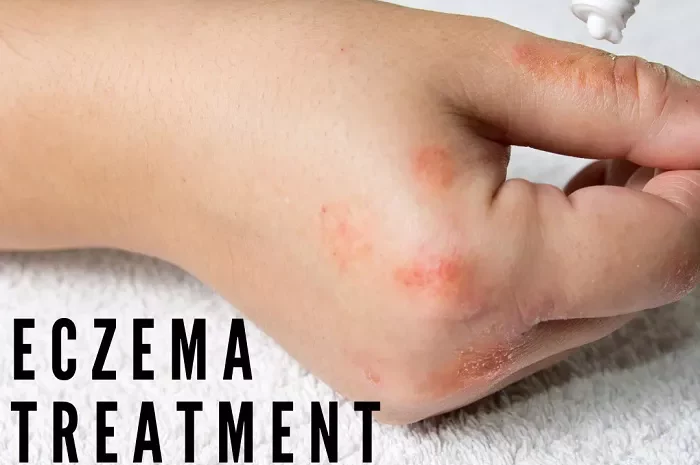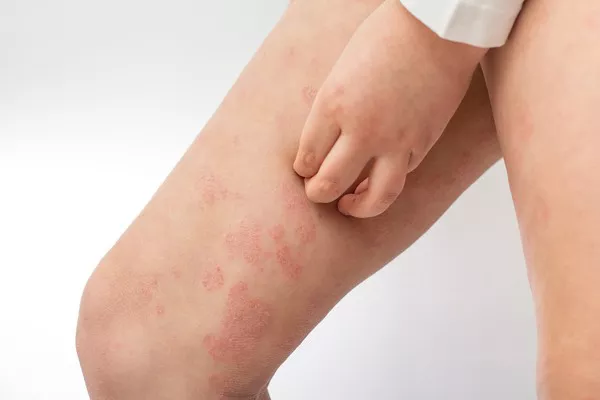Ringworm, a common fungal infection, affects many people at some point in their lives. It can cause discomfort and embarrassment. One of the biggest concerns for those diagnosed with ringworm is whether they can spread the infection to others, especially during treatment. This article will explore the contagious nature of ringworm, focusing on its transmission, treatment, and prevention.
What is Ringworm?
Ringworm is not caused by a worm, despite its name. It is a fungal infection that affects the skin, scalp, or nails. The medical term for ringworm is tinea, and it can appear in various forms, depending on where it occurs:
Tinea corporis: Affects the body.
Tinea pedis: Also known as athlete’s foot.
Tinea cruris: Affects the groin area (jock itch).
Tinea capitis: Affects the scalp.
Symptoms of Ringworm
The symptoms of ringworm can vary, but common signs include:
- Red, itchy patches on the skin
- A ring-shaped rash with clearer skin in the middle
- Flaky or scaly skin
- Hair loss in affected areas (for tinea capitis)
- Thickened, discolored nails (for tinea unguium)
If you notice these symptoms, it’s essential to seek medical attention for proper diagnosis and treatment.
How Does Ringworm Spread?
Ringworm is highly contagious and can spread in several ways:
Direct Contact: Touching an infected person’s skin can transfer the fungus.
Indirect Contact: The fungus can live on surfaces like towels, clothing, or gym equipment. If someone else uses these items, they can contract the infection.
Animal Contact: Pets, especially cats and dogs, can carry the fungus. Handling an infected animal can spread the infection to humans.
Contagious Period of Ringworm
One of the most pressing questions regarding ringworm is whether it remains contagious during treatment. The answer is complex and depends on various factors.
Initial Contagious Period: Ringworm is most contagious during the first few days of infection when symptoms begin to appear. At this stage, the fungal spores are actively spreading.
During Treatment: Ringworm remains contagious during the early stages of treatment. However, the contagiousness decreases significantly as treatment continues. The length of time it remains contagious can vary based on the individual and the treatment method used.
How Long is Ringworm Contagious?
Understanding the duration of contagiousness is crucial for managing ringworm effectively. Here’s a breakdown:
Before Treatment:
- Ringworm can spread as soon as symptoms appear, often before the person even knows they are infected.
During Treatment:
- Topical antifungal medications typically take about 2 to 4 weeks to clear up ringworm.
- During this period, the infection can still be contagious. It is important to continue taking precautions, especially in communal settings.
After Treatment:
- After starting treatment, individuals can reduce the risk of spreading ringworm. If the rash has cleared and symptoms are improving, the risk of contagion decreases.
- Generally, a person is considered non-contagious after 24 to 48 hours of effective treatment. However, it is wise to continue precautions until the infection has fully resolved.
Treatment Options for Ringworm
Effective treatment is crucial in managing ringworm and reducing its contagiousness. There are several options available:
Topical Antifungals
These are creams, lotions, or powders applied directly to the affected area. Common examples include:
- Clotrimazole
- Miconazole
- Terbinafine
These treatments are effective for mild to moderate cases of ringworm. They usually require application for 2 to 4 weeks.
Oral Antifungals
For severe or widespread infections, or for cases affecting the scalp or nails, a doctor may prescribe oral antifungal medications. These include:
- Griseofulvin
- Terbinafine
- Itraconazole
Oral medications may take longer to clear the infection but are necessary for more extensive cases.
Home Remedies
Some people may turn to home remedies for relief, although these should not replace professional treatment. Common home remedies include:
- Tea tree oil: Known for its antifungal properties.
- Apple cider vinegar: Some believe it can help reduce symptoms.
While these remedies may provide comfort, they are not guaranteed to cure ringworm.
Preventing the Spread of Ringworm
To protect yourself and others from ringworm, consider these preventive measures:
Personal Hygiene
Wash Hands Regularly: Frequent hand washing can reduce the spread of the fungus.
Avoid Touching Infected Areas: If you have ringworm, try not to scratch or touch the affected areas, which can spread the infection to other parts of your body.
Keep Your Environment Clean
Disinfect Surfaces: Regularly clean common areas, especially in shared spaces like gyms or dormitories.
Avoid Sharing Personal Items: Do not share towels, clothing, or grooming tools.
Protect Your Pets
If you have pets, ensure they are healthy and free from fungal infections. If your pet shows signs of ringworm, consult a veterinarian promptly.
Wear Appropriate Clothing
In communal environments, wear clothing that allows your skin to breathe and reduces sweating. This can help prevent fungal infections.
When to Seek Medical Attention
If you suspect you have ringworm or have been diagnosed, monitor your symptoms closely. Consult a healthcare professional if:
- The infection worsens or does not improve with treatment.
- You experience severe itching or discomfort.
- The rash spreads to other areas of your body.
Conclusion
In summary, ringworm is a contagious fungal infection that can be transmitted through direct or indirect contact. During treatment, it remains contagious, particularly in the early stages. However, with effective antifungal treatments, the risk of spreading the infection decreases over time. Maintaining good hygiene practices and following preventive measures can help reduce the risk of contagion. Always consult a healthcare professional for guidance on diagnosis and treatment to ensure a swift and safe recovery.
Related topics:


























